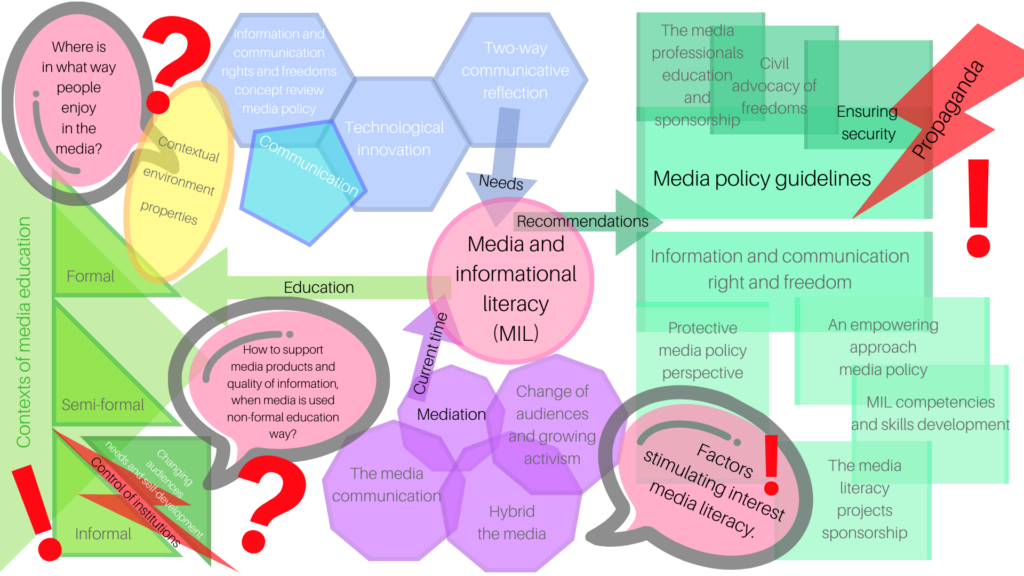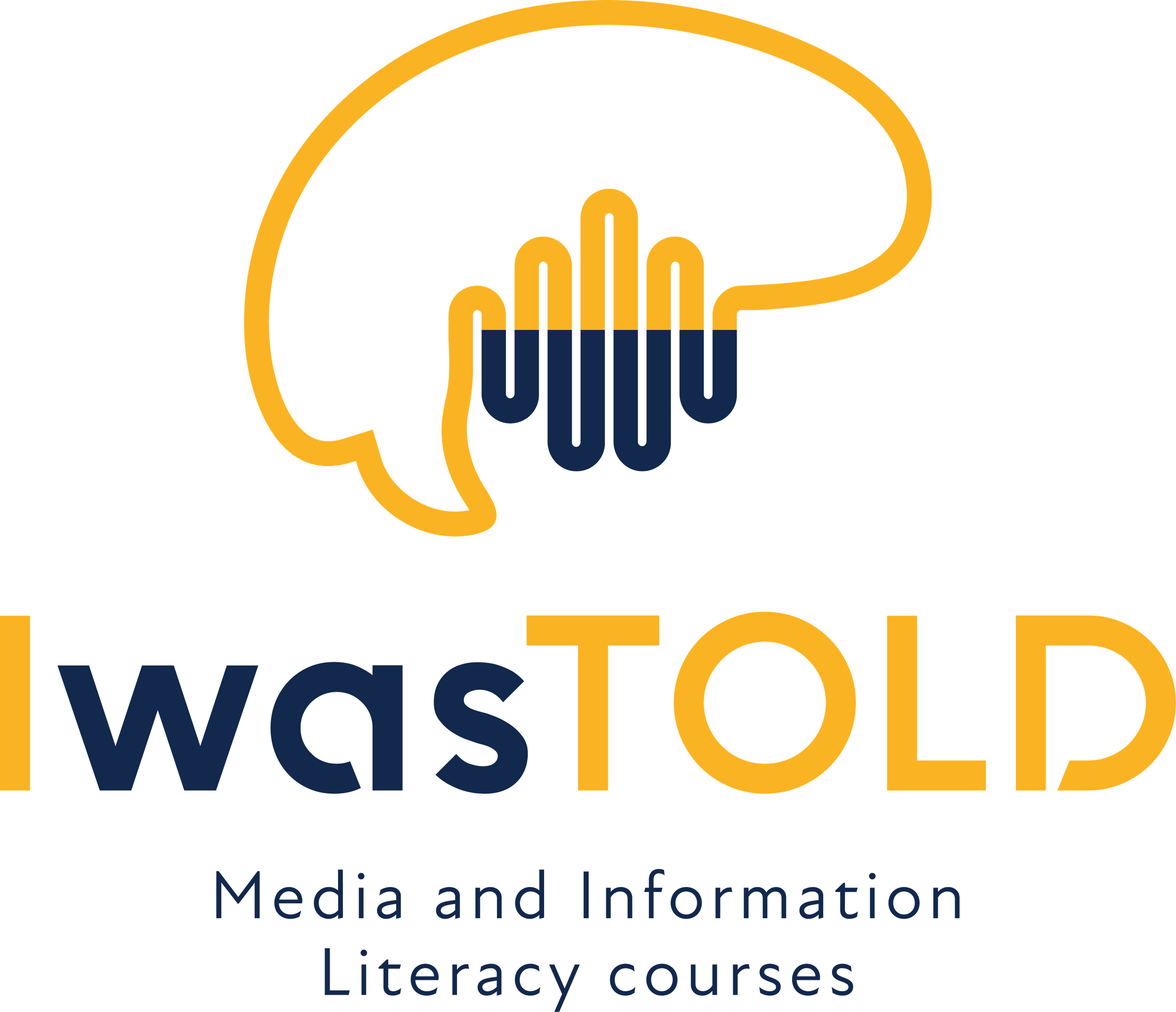Why is media literacy important?
There is constant talk that media and information literacy (MIR) is important, especially nowadays. It is increasingly emphasized that MIR is useful and necessary for modern man, regardless of his age. It can also be said that this is a condition for the development of democracy and civil society, the recognition of propaganda and fake news. Despite all these rather intricate concepts, this article understandably attempts to answer the question of why media literacy is important.
The Center for Media Literacy (CML) website features Tessa Jolls ’personal opinion on the importance of media literacy. According to the author, being literate means being able to receive, analyze and evaluate information acquired through the media. It also means the ability to create media messages, use technological tools, think critically and speak confidently. Generally speaking, with these skills, we can think freely, i. not to be influenced by biased sources, to be prudent, and to make one’s choices. It also provides an opportunity to express your views creatively and effectively.
More broadly, a media literate society is at the heart of a democratic society and a market-based economy. It is the basis for strengthening and protecting valuable freedoms. This makes it possible to assume that people are smart, talented and responsible. This suggests that learning is a lifelong process that is not carried out solely through textbooks. The author believes that media literacy makes it possible to live more successfully in today’s world.
Commonsensemedia.org states that media literacy is the ability to identify different types of media and understand the messages they send, and the basis of media literacy is to understand the reasons behind their creation. In the digital age, it has become easy to create media for everyone. It is not always known whether this is reliable. This factor makes media literacy learning more complex, but media literacy remains important in the digital age.
Developing media literacy skills is important because it helps to:
• Learn to think critically
• Become a smart user of information
• Recognize certain views or opinions
• Create media responsibly
• Identify the role of the media in culture
• Understand the goals of the author

Media literacy
There is no single definition of what is media literacy. Therefore, there is no single correct answer to the term used in the title. An example is the concept proposed by medialiteracy.org. According to the site, media literacy is the ability to receive, analyze, evaluate, and create media. People with media literacy skills are able to better understand the information presented in television, radio, the Internet, newspapers, magazines, books, bulletin boards, video games, music, and other forms of media. Media literacy is found in various studies and applied in critical thinking. Media literacy skills can help develop critical thinking, understand how the media shapes society, identify targeted marketing strategies, evaluate media messages, identify persuasion tactics used, and more. (more – http://medialiteracyproject.org/learn/media-literacy/)
Media literacy allows people to have the skills, knowledge and understanding to take advantage of the opportunities offered by both traditional and new communication services. Media literacy also helps people manage content and communications, protecting themselves and their families from the potential risks associated with using these services, writes ofcom.org.uk. (https://www.ofcom.org.uk/research-and-data/media-literacy-research/media-literacy)

Information literacy
Information literacy, like media literacy, does not have a uniform definition. According to Wesleyan University, information literacy is an essential skill in the pursuit of knowledge. It includes recognizing when information is needed and the ability to find, evaluate, and use it effectively in a variety of forms. This indicates the ability to maneuver in a rapidly growing information environment that includes a growing number of information providers, professional literature, popular media, libraries, the Internet, and more. Now there is a lot of information, it is available to everyone, but there are questions about its authenticity, reliability. This is useless to those who do not know how to use it effectively. A person with information literacy should be able to:
• Identify the required information and define its scope. Clearly and concisely define the issues and understand that they can change.
• Find and select appropriate sources of information. Understand the structure of information: how it is created, disseminated, organized, cataloged, stored, selected. Effectively use arrows and other search tools to find specific sources, such as selecting the right tools, formulating search strategies, using the right search techniques, evaluating results.
• Evaluate information and its sources critically. For example, to assess the relevance and reliability of information.
• Systematize the selected information, integrate it into the available knowledge and apply it successfully.
• Present the newly acquired knowledge in a way that others can understand. For example, identify audience needs and present information in the most appropriate format.
• Transform these skills into new projects and disciplines.

Library literacy
Library literacy is strongly related to information literacy. It can be said that library literacy is an integral part of information literacy. This term refers to the fact that the information sources used are available through the library. In recent decades, especially as the Internet began to be used globally, library literacy has been integrated into information literacy. Unlike library literacy, information literacy includes sources of information regardless of where they come from. In the age of the Internet, libraries are no longer the only source of information, they are one of many. However, library literacy presupposes information literacy.
